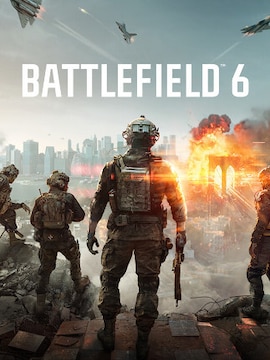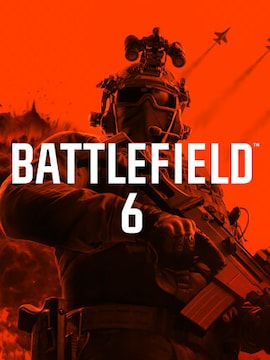Ever wondered why some games are built around quick matches, while others let you sink hours into a single play through with no real end in sight?
The reason often lies in something called game sessions. So, what is session meaning in games, and why is it such a big deal in modern gaming?
What Is a Game Session?
In simple terms, a game session is a self-contained chunk of gameplay — with a clear beginning and end. It could be a single multiplayer match, a co-op mission, or a specific round in a game with defined stages. Once the session ends, the game usually returns you to a lobby, main menu, or starts a new session from scratch.
Unlike open-world games — where you can wander endlessly and save whenever you like — session-based games are structured. They follow a rhythm: start > match > finish. And in many cases, there’s no pausing mid-game.
This format is especially common in online games, competitive titles, and co-op experiences where pacing and fairness are key.
Match Instances – Self-Contained “Bubbles” of Gameplay
Closely tied to game sessions is the concept of a match instance. This refers to the individual “room” or “bubble” where your match takes place.
Let’s say you and thousands of players are online in a battle royale. You’re not all playing in one shared world — the game creates isolated match instances, each with a limited number of matched players. This system ensures balance, keeps server performance steady, and gives each group of players a smooth, focused experience.
3 Games That Use Sessions at Their Core
Fortnite
Every battle is its own session. You drop into a fresh map, gather resources, build, and fight — and when you’re eliminated (or win!), the session ends. You’re then free to queue up for another round, completely separated from the last.
Among Us
Each match is a unique session where players are randomly assigned roles like Crewmate or Impostor. Once the mystery is solved — or everyone gets spaced — a new round starts with a fresh scenario and shuffled roles.
Left 4 Dead 2
This classic co-op shooter is built around self-contained story chapters. Each one is a structured session with a beginning, middle, and end. After surviving a chapter, players return to the lobby to pick the next mission — or call it a night.
Why Session-Based Gameplay Works
Session-based design offers countless benefits — for both players and developers. It creates clear goals, intense pacing, and a satisfying sense of closure at the end of each round. It’s easier to jump in for a quick match (or ten), and there’s no pressure to commit hours at a time. Plus, session-based systems often make matchmaking smoother, performance more stable, and progression easier to balance.




